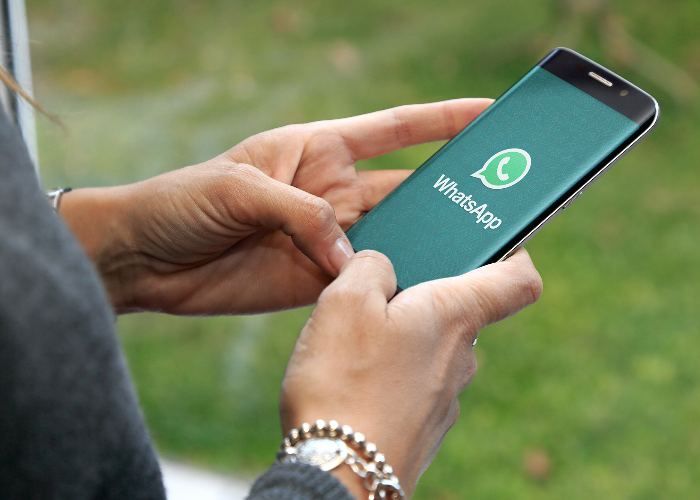WhatsApp six-digit verification code scam: how to stay safe

There have been numerous reports of scammers posing as friends to target WhatsApp users and gain access to their account before locking them out. Here’s how the scam works and how to avoid it.
Scammers are targeting WhatsApp users to try and access their account and messages.
We’ll reveal exactly how this scam works and what you should do if you’re targeted.
Royal Mail 'missed delivery' scam: how to stay safe
How this WhatsApp scam works
If you receive a six-digit verification code by text or email (and you haven’t requested one), you’re likely to be targeted by a fraudster posing as a friend.
With this scam, the fraudster will already have access to a friend’s account – where you’re listed as a contact – and they may try to talk to you.
The scammer will ask for a six-digit code that they apparently sent to you ‘by mistake.’
According to multiple reports, those targeted by the scam receives a message like the below:
“Hello, sorry, I sent you a six-digit code by mistake, can you pass it to me please? It’s urgent?”
⚠️Scam warning ⚠️
— Alexis Conran (@alexisconran) April 1, 2021
This is a WhatsApp scam that continues to catch people out.
It starts with this text message that arrives on your phone out of the blue 👇 pic.twitter.com/U8iawbWoiz
WhatsApp has made it clear that you’ll only get a six-digit verification code if you need to verify your number or set up your account on a new device – so don’t send it to anyone if you do receive one out of the blue.
The fraudster has requested the code by pretending to be you, and if you send the code, they’ll be able to gain access to your account.
As WhatsApp accounts are usually filled with personal (and sometimes financial) information, the fraudster can then use this information to try and scam you – or your contacts.
Asda and Morrisons 'out for delivery' text scam: how to stay safe
How to avoid this WhatsApp scam
This scam is a little unusual as fraudsters are targeting people via their friends’ accounts, so it’s arguably easier to catch potential victims off their guard.
And as you may talk to that friend often, a random message out of the blue may not be a red flag.
It’s vital that you never share your WhatsApp verification code, even if a friend asks for it. You should phone or message them (don’t use WhatsApp) to let them know their account might be compromised.
Also, you should both set up two step verification, which helps to make your WhatsApp accounts more secure.
You can set this feature up by opening WhatsApp settings, going to Account, then two-step verification and clicking enable.
You’ll need to enter a six-digit PIN and confirm it before providing an email address. Click next, confirm your email address and then tap save or done.
Bank scams: how to get your money back, best ways to get in touch & more
Want more stories like this? Head over to the loveMONEY homepage, follow us on Twitter or Facebook or sign up for our newsletter and let us send the news to you!
Comments
Be the first to comment
Do you want to comment on this article? You need to be signed in for this feature